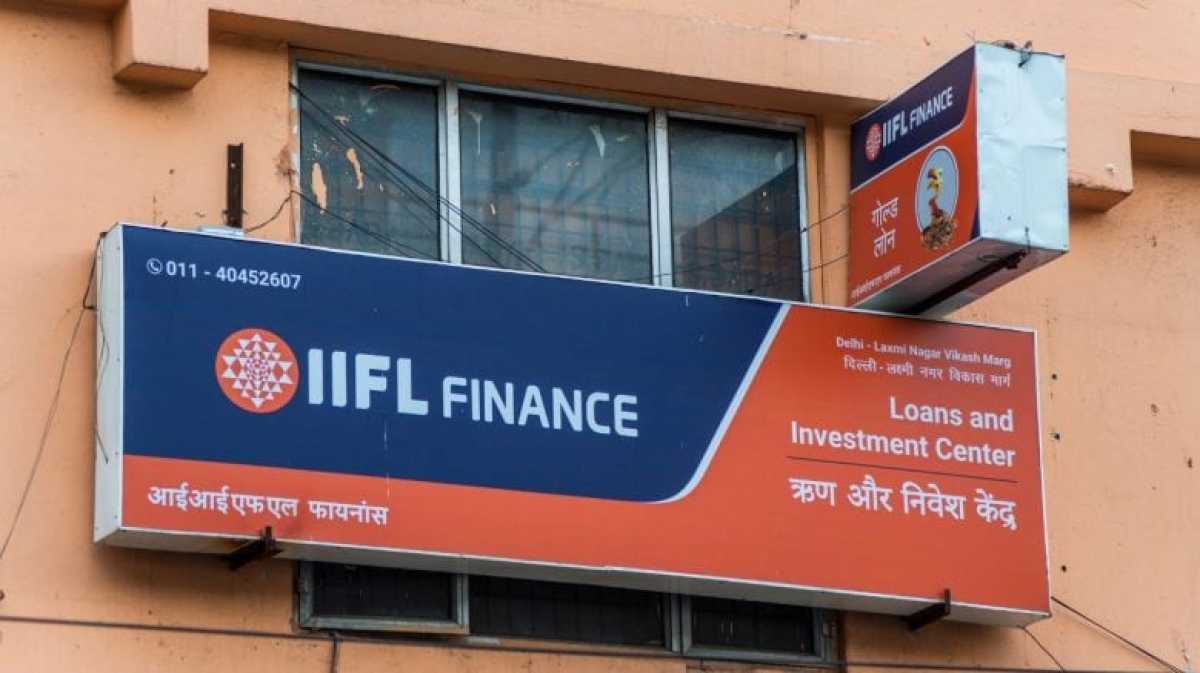Business
IIFL Finance Shares Plunge as RBI Orders Halt on Gold Loans Disbursal

Shares of IIFL Finance tumbled today following a directive from the Reserve Bank of India (RBI) instructing the non-banking financial company (NBFC) to immediately stop sanctioning new gold loans. The RBI cited concerns over the company’s gold loan portfolio, prompting the move.
The disclosure, which came after trading hours on Monday, saw IIFL Finance shares closing 3.35% lower at Rs 595 compared to the previous day’s close of Rs 618.85 on the Bombay Stock Exchange (BSE). With an annual increase of 34%, the stock has been actively traded.
Technically, IIFL Finance’s stock is positioned above the 20-day and 200-day moving averages but below the 5-day, 10-day, 50-day, and 100-day moving averages. The Relative Strength Index (RSI) stands at 47.7, indicating a neutral trading zone for the stock. Additionally, the one-year beta of the stock is noted at 0.5, signaling relatively low volatility.
Despite the directive, IIFL Finance is allowed to service its existing gold loan portfolio through normal collection and recovery processes, as stated by the RBI in a press release. The company has reassured its commitment to rectifying the RBI’s observations in the gold loan portfolio to adhere to regulatory standards promptly.
An inspection conducted by the RBI in reference to IIFL Finance’s financial position as of March 31, 2023, highlighted several key supervisory concerns in the company’s gold loan portfolio. These include discrepancies in gold purity and weight verification during loan issuance and default auctions, breaches in Loan-to-Value (LTV) ratios, excessive cash disbursements and collections beyond statutory limits, and lack of transparency in customer account fees.
IIFL Finance, a prominent retail-focused NBFC in India, operates in the loan and mortgage sector alongside its subsidiaries IIFL Home Finance and IIFL Samasta Finance. The company’s market capitalization and trading patterns are poised for scrutiny following the RBI’s directive.












